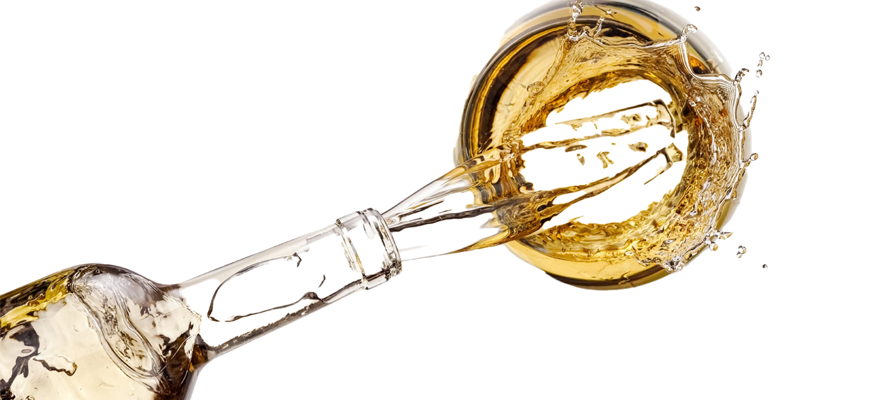Licensing: The future of minimum unit pricing

The implementation of the Alcohol (Minimum Pricing) (Scotland) Act 2012 is due in large measure to a so-called sunset clause. The Act expires on 30 April 2024, six years after it came into effect, unless an order to continue its provisions is laid in the Parliament. That order is subject to the affirmative procedure.
The clause reflects the experimental nature of the controversial MUP policy. It was a key factor in the Scottish Government’s success in the Supreme Court following a challenge by the Scotch Whisky Association (joined by other industry interests), which had contested the lawfulness of the measure. In the opinion of Lord Mance, with whom the other Justices concurred, “The system will be experimental, but that is a factor catered for by its provisions for review and ‘sunset clause’. It is a significant factor in favour of upholding the proposed minimum pricing régime”.
Linked to the sunset clause is an evaluation procedure. Section 5 of the Act provides that,
as soon as practicable after the five-year period (which expired on 30 April 2023), the Scottish ministers must lay before the Parliament a report on the operation and effect of the minimum pricing provisions during that period. In preparing the report, ministers were required to consult a wide range of stakeholders, including holders of premises licences, alcohol producers and those having functions in relation to health, the prevention of crime and a number of other areas.
Contested report
The report was released by Public Health Scotland (“PHS”) at the end of June, and immediately ignited a hotly-contested debate as to the soundness of its conclusions. It suggested that there had been a 3% reduction in overall alcohol consumption and a 4.1% drop in hospital admissions, while deaths had fallen by 13.4%. However, on the other side of the coin, there had been no impact on A&E attendances or crime, while the latest statistics published by National Records for Scotland have revealed that 1,276 people died from conditions caused by alcohol in 2022 (2% more than the previous year). Perhaps most significantly, the report candidly concluded: “There is limited evidence that MUP was effective in reducing consumption for those people with alcohol dependence” (that is to say, those drinking at harmful levels).
Following a complaint to the UK Statistics Authority (“UKSA”) by Dr Sandesh Gulhane, a Glasgow MSP, PHS made “minor updates” to its “Evaluation findings at a glance document” designed to make it clear that “the reductions in alcohol sales, deaths and hospital admissions are estimates based on the research that had been done within the evaluation”. According to Dr Gulhane, 32 of the studies mentioned in the evaluation did not reference the health outcomes of MUP; seven of the other studies into health outcomes reached negative or inconclusive conclusions; and, he claimed, only a single study said that deaths might have been averted. However, to the satisfaction of the UKSA, the updates simply adjust the way in which the findings are communicated: there have been no changes made to the final report, its findings or the interpretation of the findings.
Time for a rise?
On September 20, the Scottish Government launched a consultation on whether MUP “should be continued as part of the range of policy measures in place to address alcohol related harm, and, in the event of its continuation, the level the minimum unit price should be set going forward”. The future of MUP is scarcely in doubt, but a question remains as to the unit price, currently 50p. Adjusted for inflation, the figure would be around 62p. The Scottish Government’s favoured price is 65p per unit. By way of illustration, at that level a 70cl bottle of whisky would cost not less than £18.20 (currently £14.00), while the floor price of a 75cl bottle of wine with an ABV of 12.5% would rise from £4.69 to £6.09.
If, as appears, MUP has produced no meaningful effect on the habits of those suffering from alcohol dependence and alcohol-specific deaths continue to rise, it is difficult to escape the conclusion that a key objective of the policy is unlikely to be achieved by raising the unit price. On that view, it may be considered that the Scottish Government should respond robustly to growing calls for much-improved support for those suffering from alcohol addiction, who are unlikely to respond to price increases.
Regulars
Perspectives
Features
Briefings
- Criminal court: CPO breach application not out of time
- Licensing: The future of minimum unit pricing
- Insolvency: Who gets the benefit?
- Tax: Raising revenue with Holyrood’s devolved powers
- Immigration: When is Home Office support “adequate”?
- Scottish Solicitors' Discipline Tribunal: October 2023
- In-house: Public service – so many paths






